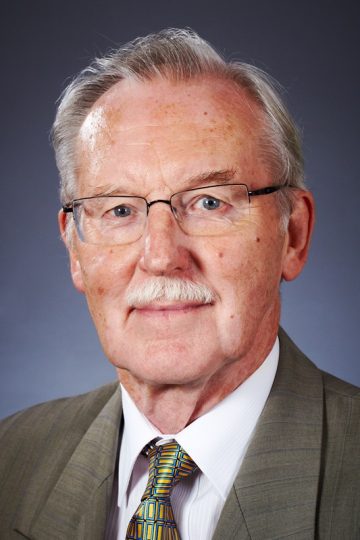Democracy – Russia´s dilemma

Urpo Kivikari,
Emeritus Professor of International Economics,
Pan-European Institute, University of Turku,
Finland
In the periods of transition following the First and the Second World War, many European countries democratised their systems. The early years of the 1990s made it possible for socialist countries to shift to democracy. Russia did not seize any of these opportunities.
At the end of the 1980s, I was invited to join a group preparing a Soviet transition to a market economy. Meetings usually took place in Austria hosted by the International Institute for Applied Systems Analysis (IIASA).
The members of the group included about a dozen Soviet (Russian) representatives and half a dozen Western economists. The group was chaired by the US Professor Merton J. Peck and the Soviet Academician Stanislav Shatalin. The interpreter of the group, Peter Aven, later became a minister in the Russian Government and a banker. Many of the Russian representatives in the group later rose to key positions in Russia.
Since changes that revolutionise economic systems are rare, in economics, institutions have generally been considered as “given” and therefore uninteresting. However, I had happened to study the structures of both advanced capitalism and real socialism, so I believed I could be of use in the reform group by focusing on institutions in particular.
My talks about the significance of institutions were met with very little understanding from my colleagues. It may be that my propositions remained quite obscure to the Russians. For them, the transition to a market economy seemed to mean price liberalisation and the privatisation of the state capital and enterprises. I had a very bad feeling about how a market economy that downplays the significance of institutions would come to serve the people’s well-being and democracy.
Our work did not go to waste since, after its completion, the Soviet Union published a programme, which attracted a lot of attention, about the country’s transition to a market economy within 500 days, named after Academician Shatalin.
In 1991, after the collapse of the Soviet Union, the independent Russia declared that it would adopt democracy and market economy, as did also other European states that had abandoned socialism. The achievement of a true democracy and market economy required two things.
Firstly, it needed institutions under whose guidance and supervision the appropriate political and economic values and practices can be realised, and which form an entity that ultimate defines the country’s social and economic system. Therefore, with a view to a successful transition, it was decisive how well the old practices and institutions adapted to the new system and what kind of new ones could be created.
The former socialist countries that applied for the EU membership had to develop their new systems for about 15 years under the strict guidance and supervision by the EU before being accepted as members. Russia did not have a similar external mentor and it lacked a sufficiently ambitious programme of its own. Russia – and the Soviet Union in its final years – would have needed both reformed and totally new institutions to secure the development of a genuine party system and to fight against rigged elections, lack of independence of the judicial system, the dominant position of FSB, bandit capitalism, corruption, among other problems.
The second requirement for a successful change of systems is the sincere will of the citizens and those in power to develop the democracy and market economy. In the 1990s, there certainly were some people among those in power in Russia representing such political will, although there were also those who felt quite differently. The citizens of Russia expected that the market economy, capitalism and democracy would provide for a good Western standard of living. Unfortunately, the shortcomings in the development of the system caused disappointments to the people, and as the 1990s was drawing towards its end, following the Western models seemed less appealing to the Russians.
Russia turned its back on democracy, as it had done before in the turmoils of the First World War. Back then, Russia adopted Marxism from the West, but not democracy. In the 20th century, Russia followed a different path from, for example, Japan and India which, in spite of lagging behind in comparison to the Russian starting points, succeeded in transforming themselves into democracies.
In the 21st century, we have had no reason to expect that, as a leader of Russia, a former KGB officer and communist would want to have a liberal democracy – or any other kind of genuine democracy for that matter – in his country.
It probably boosts the Russian leadership’s ego that the new system with its many perks does not really appeal to all the current leaders of the socialist countries that ended up as EU member states either. Some of them have found the temptation to boost their own power at the expense of democratic obligations and rights irresistible. The congeniality with such EU governments strengthens the Russian belief in the chances of success of its own system in the modern Europe.
Expert article 2999
> Back to Baltic Rim Economies 4/2021
To receive the Baltic Rim Economies review free of charge, you may register to the mailing list.
The review is published 4-6 times a year.
